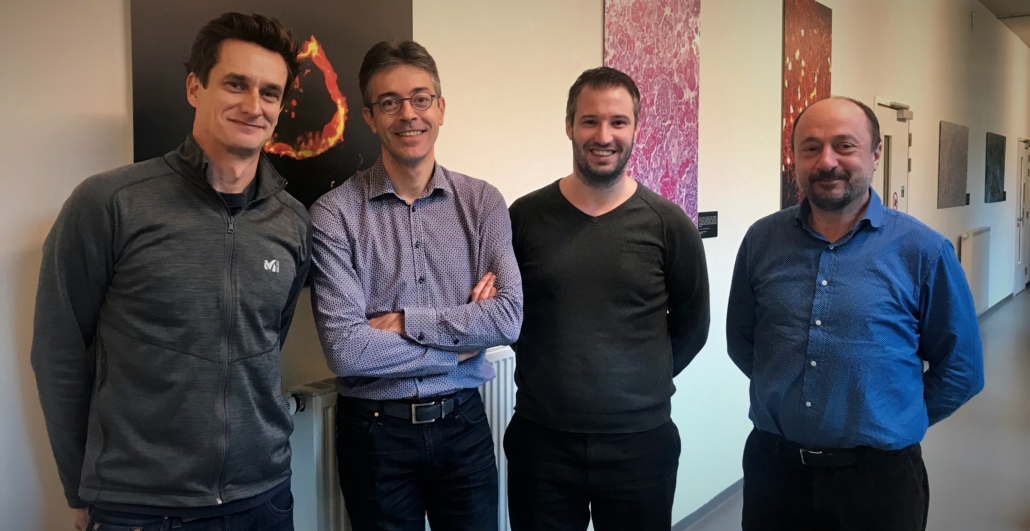
Make leukaemia therapy safer
A Belgian-British-Australian research team has created a safer version of a therapy that combats the aggressive form of a blood cancer called acute lymphoblastic leukemia (ALL) while avoiding toxicity.
The preclinical findings could help address safety concerns for ?-secretase inhibitors, which have shown promise in animal studies but have been hampered by their poor safety profile in the clinic. These compounds work by targeting the enzyme class of ?-secretase that are involved in cancers such as T cell acute lymphoblastic leukemia (T-ALL), an aggressive type of leukemia that affects T cells and frequently includes mutations in the NOTCH1 signaling pathway.
However, there are several types of ?-secretase complexes present throughout healthy tissues in the body, and existing compounds target these complexes equally. As a result, ?-secretase inhibitors cannot be used in the clinic because they cause serious side effects in the gastrointestinal tract and skin.
The team headed by Bart de Strooper from VIB Leuven analysed samples from patients with NOTCH1-mutant T-ALL and discovered that their cancerous T cells harboured higher amounts of presenilin-1 (PSEN1) – a subunit of ?-secretase complexes – compared to healthy T cells. The researchers then found that deactivating the Psen1 gene curbed the progression of NOTCH-1 leukemia in mouse models without impacting the development of healthy T cells, and treating the rodents with an inhibitor of PSEN1 named MRK-560 – an oral compound manufactured and sold under license from Merck & Co., Inc. for use solely for preclinical research purposes – halted cell proliferation and increased survival without causing toxicity. Habets et al. say that targeting PSEN1 could be a viable approach for improving the safety of ?-secretase inhibitors developed as treatments for other cancers and diseases such as atherosclerosis.




